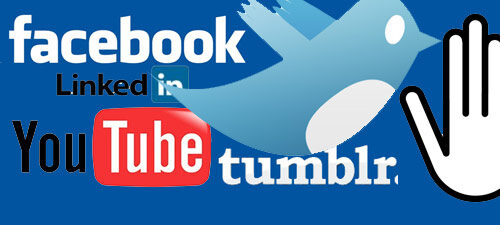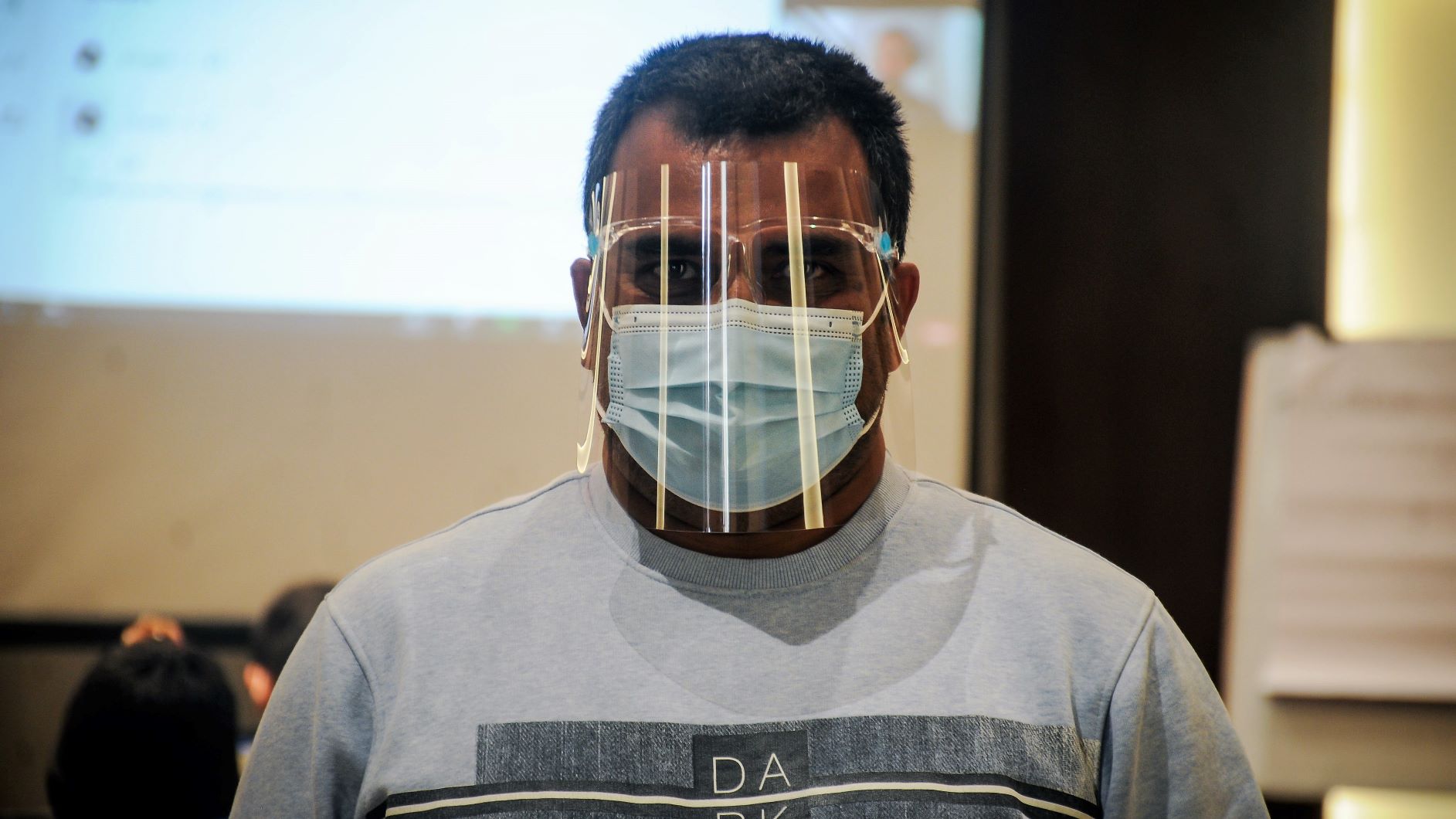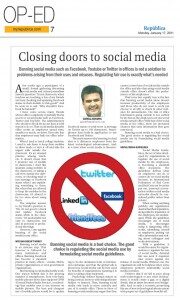Banning social media such as Facebook, YouTube or Twitter in offices is not a solution to problems arising from their uses and misuses. Regulating fair use is exactly what’s needed
A few weeks ago, a participant of a small, formal gathering discussing social media and citizen journalism raised a question: “In my classroom, when teachers are teaching, a few of my friends are busy checking and updating Facebook status in their mobile. Is this good?” And he went on to ask: “Why shouldn’t Facebook be banned?”

I have come across many friends whose office completely or partially blocks access to social media such as Facebook, Twitter and YouTube. The administrators who decide to block the access have a solid reason to do so: That social media disturbs office works as employees spend time, usually too much, on them. They also fear that employees may leak out office information.
When I used to teach college students, I used to ask them to keep their mobiles in silent mode or turn it off and take the urgent calls outside the classroom. It’s an unusual practice among teachers. It doesn’t mean that I promote use of mobile in classrooms. I don’t like students using mobiles in the classroom, or taking a call even outside the classroom, or checking mail or text message or Facebook status when I am explaining something to them. But when they are allowed to keep the mobiles in the classrooms, it’s absurd to be too stern about using them.
The simplest answer to my friend’s question is: “No, it’s not good to check and update Facebook status while in the classroom.” It’s undesirable not only in classrooms, but also in personal or professional meetings.
However, I am against banning of the social media in any office.
Banning social media is an extreme step. That however is followed by many institutions and offices. Banning Facebook has become a standard practice in many offices – media, NGOs, private organizations or even government organizations.
But banning social media hardly work. One reason behind this is the growing number of smartphones. Even very basic mobile phones these days supports GPRS (General Packet Radio Service), a technology that enables user to use internet on mobile phones. The best and cheapest use of mobile phone would be to update Facebook status or send tweet (a message on Twitter up to 140 characters). Smartphones have built-in application to use Facebook and Twitter.
The main reason why banning is a bad idea is it distances employees from the latest technological advancement. And, at a time when social media is threatening to be the dominant form of information exchange, and that the global talk is about how social media can be best used for benefits of organizations, banning it is akin to taking a step backward.
Psychology defines human nature as being curious, more so with things that are hidden or banned. Thus, banning social media only leads to more curiosity and use of it outside office. Those in favor of banning social media may argue that they cannot control use of social media outside the office and also that using social media outside office doesn’t affect the performance of the employees.
That’s true but equally true is the fact that banning social media alone doesn’t increase productivity of the employees and those who do not want to work can choose to sit idly or check in other websites for amusements. The risk of office information going outside is not curbed by the ban as the employees can use social media outside office. With ban of the social media in the office, there are increased chances that such information flow goes unnoticed.
Banning social media is a bad choice. The good choice is regulating the social media use by formulating social media guidelines.
SOCIAL MEDIA GUIDELINES
Social Media Guidelines, the set of rules developed by organizations to regulate the use of social media by the employees, is becoming a standard office document. The guidelines defines what an employees can do or cannot do on social media because, as International Federation of Red Cross and Red Crescent Societies put out, ‘personal conversation within social media networks should be considered public rather than private’.
When writing anything publicly, any organization desires that their reputation, along with the reputation of the employees, are undamaged. While the guidelines encourages use of social media, it discourages using it hampering office works, identifying oneself as employees, putting out office information and writing about colleagues and work environment.
With a guideline, it would be easier for organizations to regulate the use of social media, demand fair use and, if required, take action against the misuse of social media. Without one, the organizations will be helpless when some employees perform undesirable social media activities.
I believe that if we fail to pace along with technological or any other development, it would create a gap, or a digital divide, that at times becomes non-bridgeable. And, in such a scenario, promoting fair use of new technological advancement with proper set of guidelines benefits all.
[This article was published on the Op-Ed page of the Republica national daily]


